| | | |
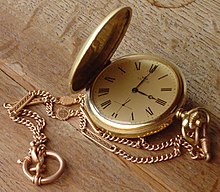
Father Time
|
3/12/2019 6:57:00 PM
finding the right chord
So I am working on a song that comes down to one chord pattern. Wanted to try to give it some variety but it seems to just come back to the same 4 chords. I finally decided this must be the way it's supposed to be.
|

|
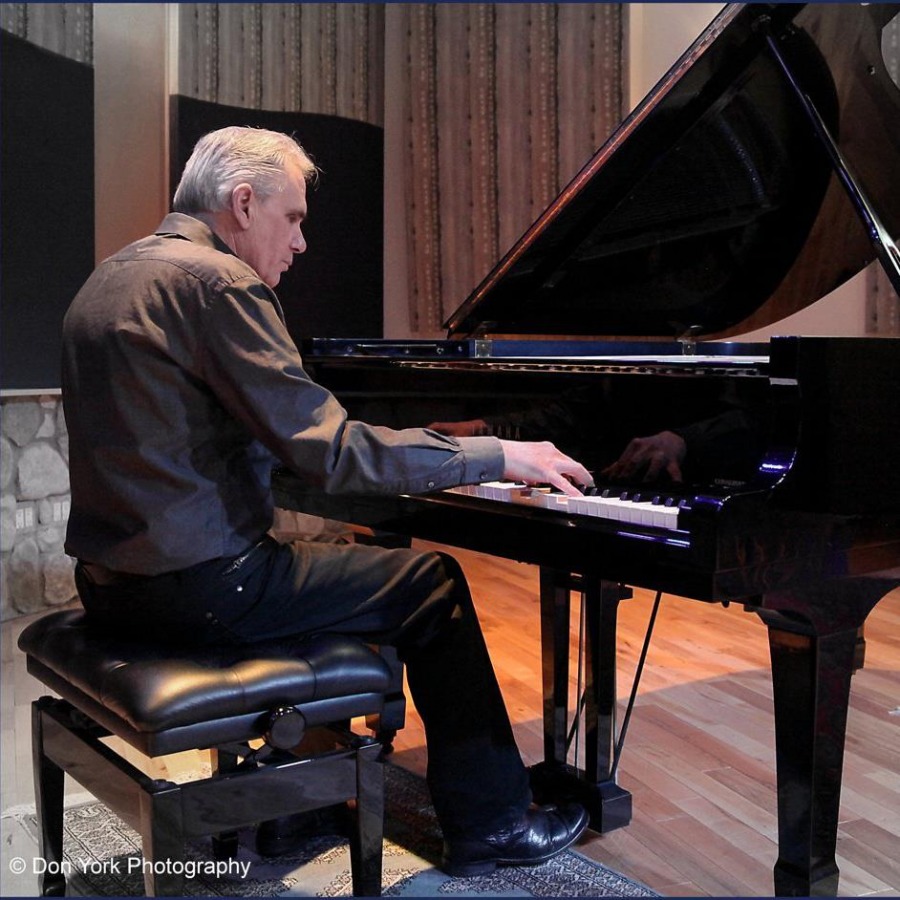
Bryon Tosoff
|
3/12/2019 7:08:29 PM
nothing wrong with 4 chords some of the best ever songs have 3- 4
|

|
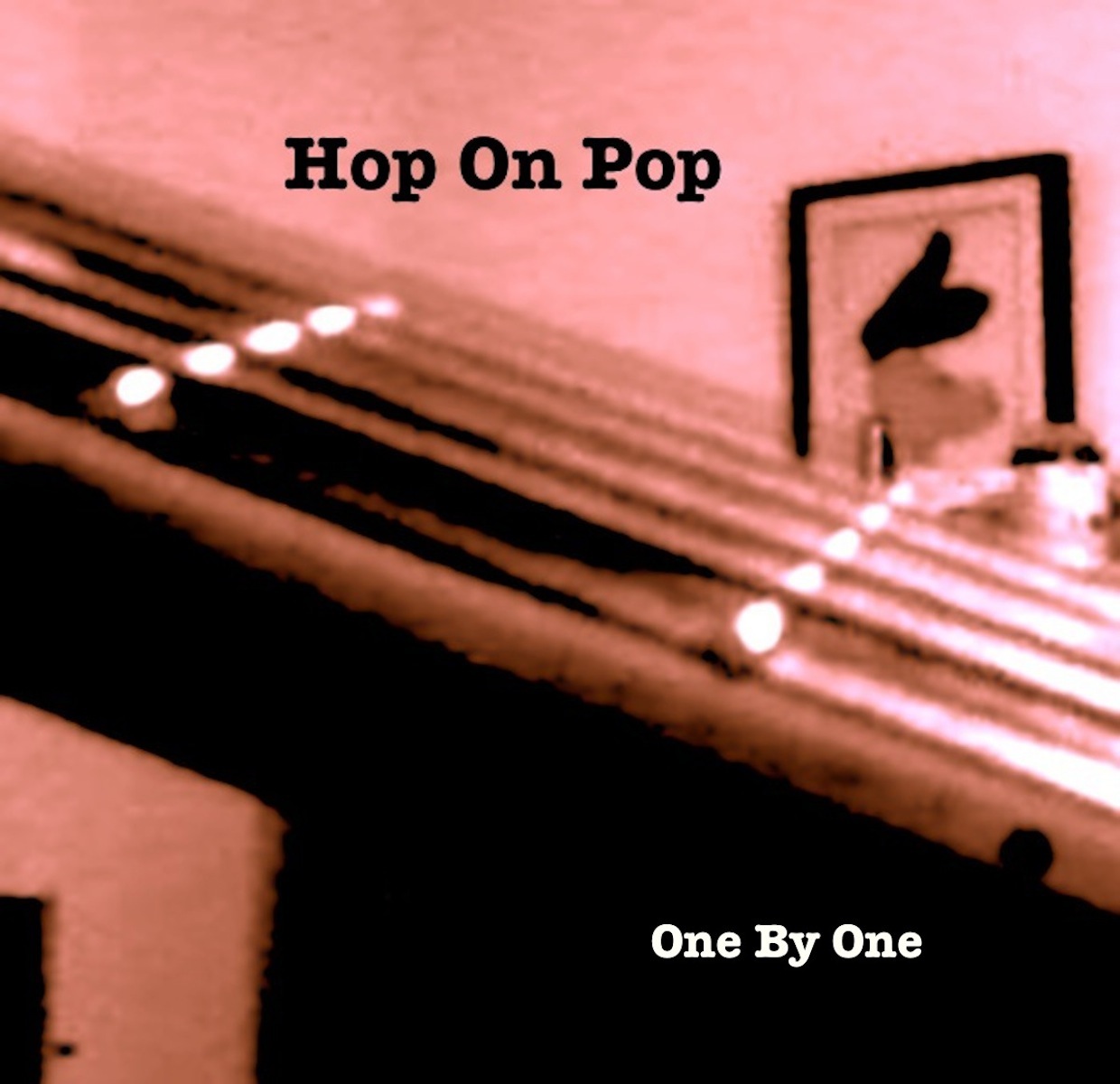
Hop On Pop
|
3/12/2019 7:18:43 PM
If you're trying to break out of the same old same old, Why not try some different voicing of some of the chords you're playing?
If you're playing a 7 chord, try a 9 in its place and see if it works. Or, play it one way the first time though and alter it the second time through, to help mix up the feel of the melody.
Stuff like that.
Or, if you're playing a D, try mixing it up with a Bm -- or the relative minor of whatever chord you have there now.
May not work, but you can give it a shot and see what you think.
Just some thoughts...
|

|

Bryon Tosoff
|
3/12/2019 7:24:02 PM
good points Todd.
putting it aside and leaving it alone for a bit is helpful. good luck
|

|
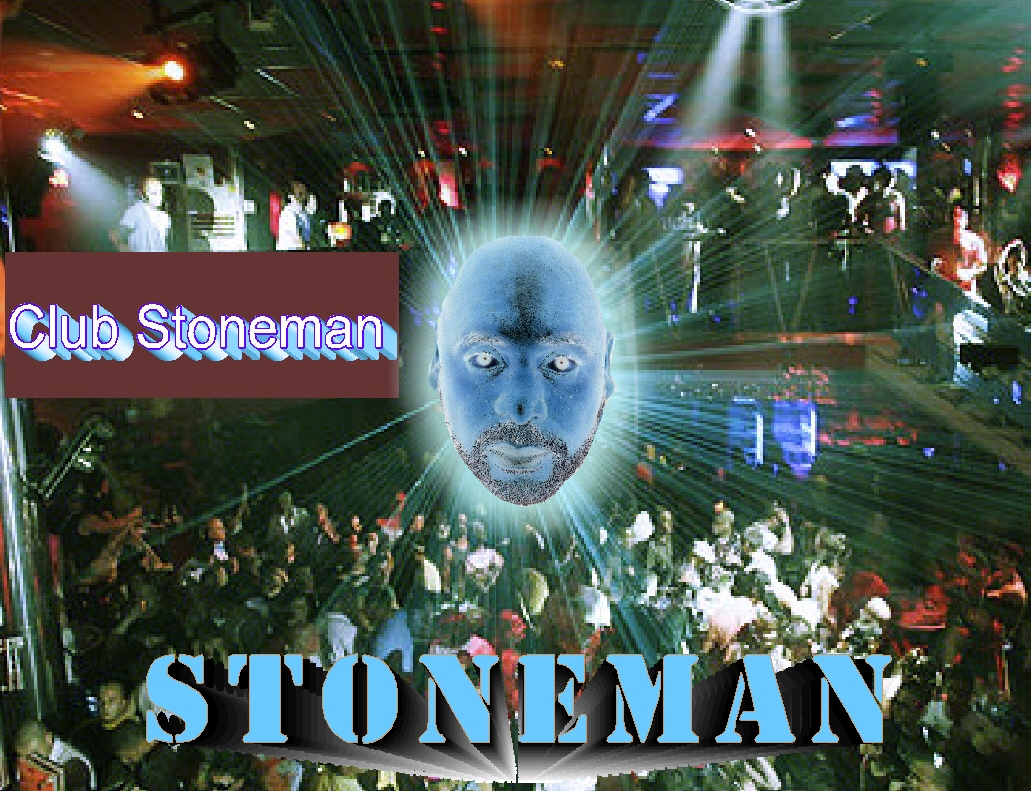
Stoneman
|
3/12/2019 11:39:10 PM
Have you thought out a vocal melody? If so, just make sure that your chord progression matches the vocal melody. If you want to change up the chords, change up the vocals and then once again match them up. This is how I build bridges to my songs. I listen to the song and then start to singing something that is totally different but in the same key. I then switch the chords and beat progressions to match it and it becomes my bridge. A lot of my songs start with a vocal first and then I match up chords to the vocals so it makes sense to my ears. Just a thought that may or may not help.
|

|

Bryon Tosoff
|
3/12/2019 11:44:52 PM
brilliant suggestions Stoneman
|

|

Richard Scotti
|
3/13/2019 9:52:43 AM
---- Updated 3/13/2019 10:07:25 AM
I've always felt that combining minor chords with major chords is the path to a really catchy song, especially when more than one minor chord is added. This is what was so revolutionary about the early Beatle songs like I wanna Hold Your Hand and She Loves You. Rock before the Beatles was usually just 3 major chords. Eventually, one minor chord was added but the Beatles really changed the game when they added two or more minor chords to the usual 3 major chords. Perfect examples of this are the two Beatles songs I mentioned. The unexpected chord changes of major to minor and minor to minor had never been done before in rock. In general, minor chords are the essence of poignancy and melodic emotionality even in heavy rock songs. Used in a clever way with major chords, they are amazing tools for constructing a very hooky song.
|

|

Hop On Pop
|
3/13/2019 10:24:38 AM
To Richard's point, the one expected major-to-minor change in this songs take it from being just a really good song and makes it something truly special, IMO.
That one change, alone, just rips my heart out every time:
|

|
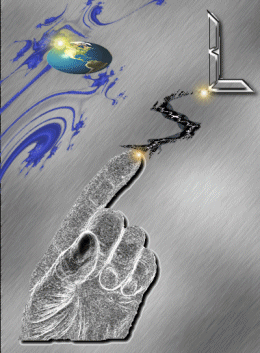
Larree
|
3/13/2019 4:15:49 PM
I love those major/minor transitions. I use them sometimes. Always a great songwriting tool.
|

|

Bryon Tosoff
|
3/13/2019 4:37:36 PM
I love using demented and augminished chords a lot as well as fraction and elongated ones too. most of all I like getting inside the piano and pluck the heck out of it trying to tune the thing
|

|

Larree
|
3/13/2019 4:57:35 PM
Atonality and dissonance rules!
|

|

Bryon Tosoff
|
3/13/2019 5:11:48 PM
Wait i mean diminished and augmented chords as well as cool voicings . But actually lots of good suggestions we experiment and play around and like morphing happens now back to doing more piano vids like walking on the keyboard. And chasing mice running inside the thing dangle some cheese or wad of peanut butter have a fun day
|

|
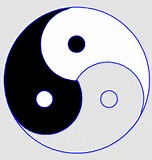
LyinDan
|
3/13/2019 11:47:13 PM
demented chords are, like, crazy, too, man,
|

|
| |
�2015-16 IndieMusicPeople.com All Rights
Reserved
| |